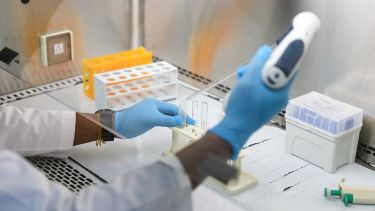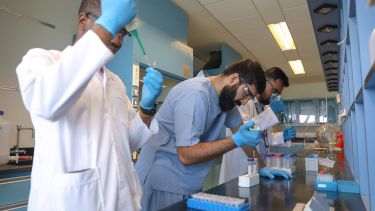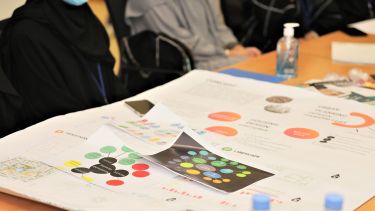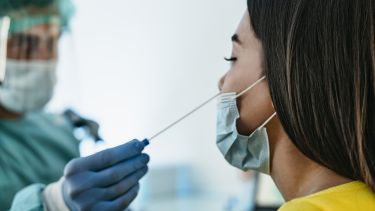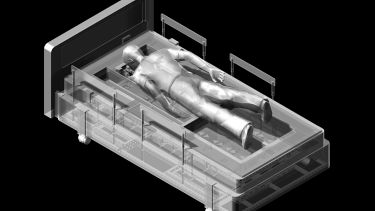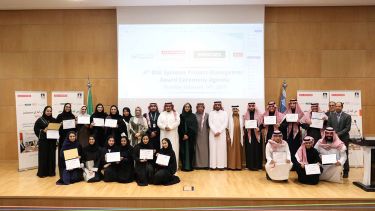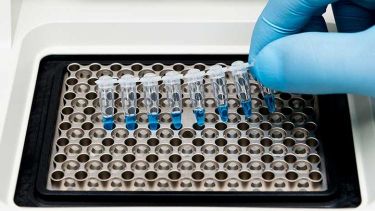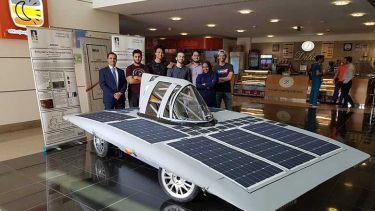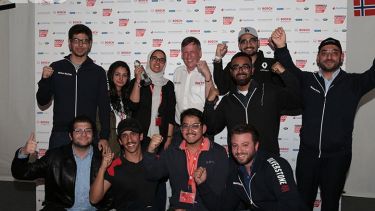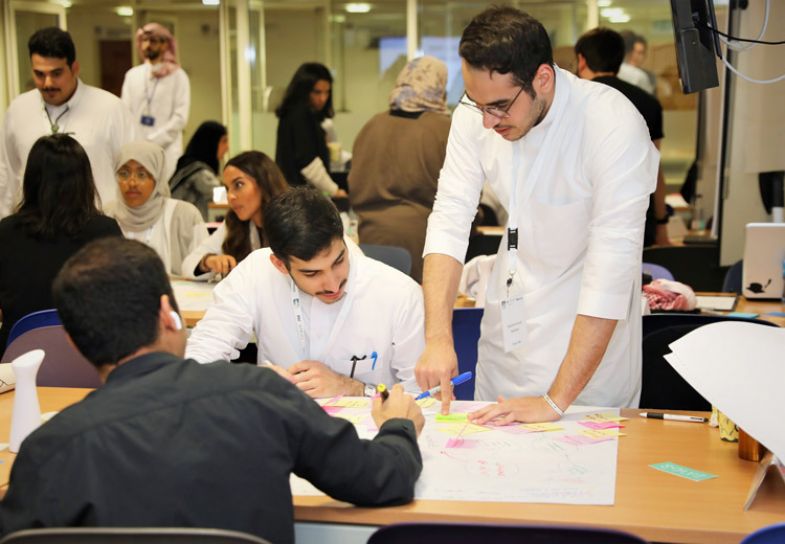
The Competitiveness Consultancy Center at Alfaisal University aims to support local businesses in a fast-growing and globalised market
The Alfaisal Competitiveness Consultancy Center (ACC) aims to be a one-stop centre for businesses in Saudi Arabia to access data and expertise on how they can become more competitive. Alfaisal University has been involved in this area for about a decade, and now runs the centre as a not-for-profit organisation working closely with clients to build their competitive business advantage.
Mohammed Kafaji, associate dean for quality assurance and accreditation at Alfaisal University, believes the ACC’s growth has come at a time when Saudi Arabia is going through rapid transformation. “We’re opening up to external markets, allowing global players into the country, so our businesses need to be more competitive,” he says.
“In the technology sector, for example, the local IT or communication service providers could find themselves head-to-head with a Microsoft or Oracle and, naturally, they feel the pressure. They need to move fast to understand the rules of the game, where competitiveness is essential.”
Alfaisal’s work in competitiveness began with a partnership with the World Economic Forum (WEF) on its Global Competitiveness Report several years ago. It has since supported the WEF to gather market information on different sectors according to set criteria.
The ACC studies the annual Global Competitiveness Report generated by the World Economic Forum to benchmark Saudi Arabia compared with other global economies. “We then evolved from our engagement with WEF to take more of a consulting approach,” Kafaji says. “When competitiveness is done right, it promotes professionalism within firms and brings success.”
Consulting services start with a detailed analysis of how each firm works, as each one will respond to a different model. Using the terminology of the Global Competitiveness Report, “we put them in one of three categories”, Kafaji says.
“They could be factor-driven, where business is dependent on the availability of unskilled labour and limited customer base developed over the years; they could be efficiency-driven, where we might look at how they hire labour with new skill sets to operate more cost-effectively and improve their governance; or they could be innovation-driven, where they’ve got to somehow be unique through innovation and process sophistication. That doesn’t have to be a big company, we look at innovation relative to their sector. We propose a roadmap and help them go about it.”
The centre, which is affiliated with the College of Business at Alfaisal, does not profit from these engagements and they come at a relatively low cost to local businesses. The base point is to cover the cost of resources.
A unique approach
Having had a career in ‘big four’ consulting firms EY and KPMG, Kafaji understands what makes the ACC unique. “We have a variety of subject matter experts and academics who know how things interlink with each other and how the economy works,” he says.
“If there is a multifaceted challenge, we have the brains to break it down into a framework that can work. Consultancies don’t have this. Another advantage is our students, who get involved in our projects and bring attention to areas we might not previously have thought about.
Exposing our senior students to real-life consultancy projects is close to our hearts as educators, and the students obviously benefit in terms of their careers.”
Diversity of thinking also benefits competitiveness, he adds: “It’s unique to bring in the new generation as, in my more established era, we tend to have consolidated ways of thinking and theirs is fresh.”
It helps that the work of the ACC aligns closely with the mission and values of Alfaisal University, with the aim to drive positive economic, environmental and societal impact to Saudi Arabia.
The ACC works with the Saudi Arabian government across a number of departments, including the Ministry of Transport and Logistic Services, which Kafaji describes as “the nervous system of the economy, which needs to be working effectively to add value”.
The ACC also works with the National Competitiveness Center, the country’s official agency for promoting inward investment. “As a non-profit organisation, we can’t grow too fast, so we must choose clients and projects carefully,” he says. Further partnerships have been established with local universities to educate students about competitiveness.
Looking forward, the ACC has three core strategies. First, it wants to build on its strength in research and analytical skills.
“We already use sophisticated research methods such as structural equation modelling to solve complicated business problems,” says Kafaji, who is currently working on a project that investigates the link between psychology and competitiveness – for example, whether risk-taking benefits growth compared with a more cautious approach.
Second, the ACC aims to embed a competitiveness framework into the university’s wider curriculum. “We have developed a model that integrates governance, innovation and digital transformation, and we try to integrate these concepts into our curriculum,” Kafaji says.
“Organisations that have these components have the basic ingredients to be competitive, and we want to develop students who have these qualities and can inspire others.”
Finally, Kafaji hopes the centre can foster links with other competitiveness-focused businesses. “We’re in a good position to partner because we know who we are, our identity, and can pick a partner who will work with us and sustain that.”
One of the ACC’s core drivers is customer-centricity, working closely with clients to make them more competitive. At a time when Saudi Arabia is undergoing rapid transformation, the university is not only developing a new generation of graduates who will understand how competitiveness can be built and sustained, but also who will develop it throughout this burgeoning economy.
Find out more about the Alfaisal Competitiveness Consultancy Center.

